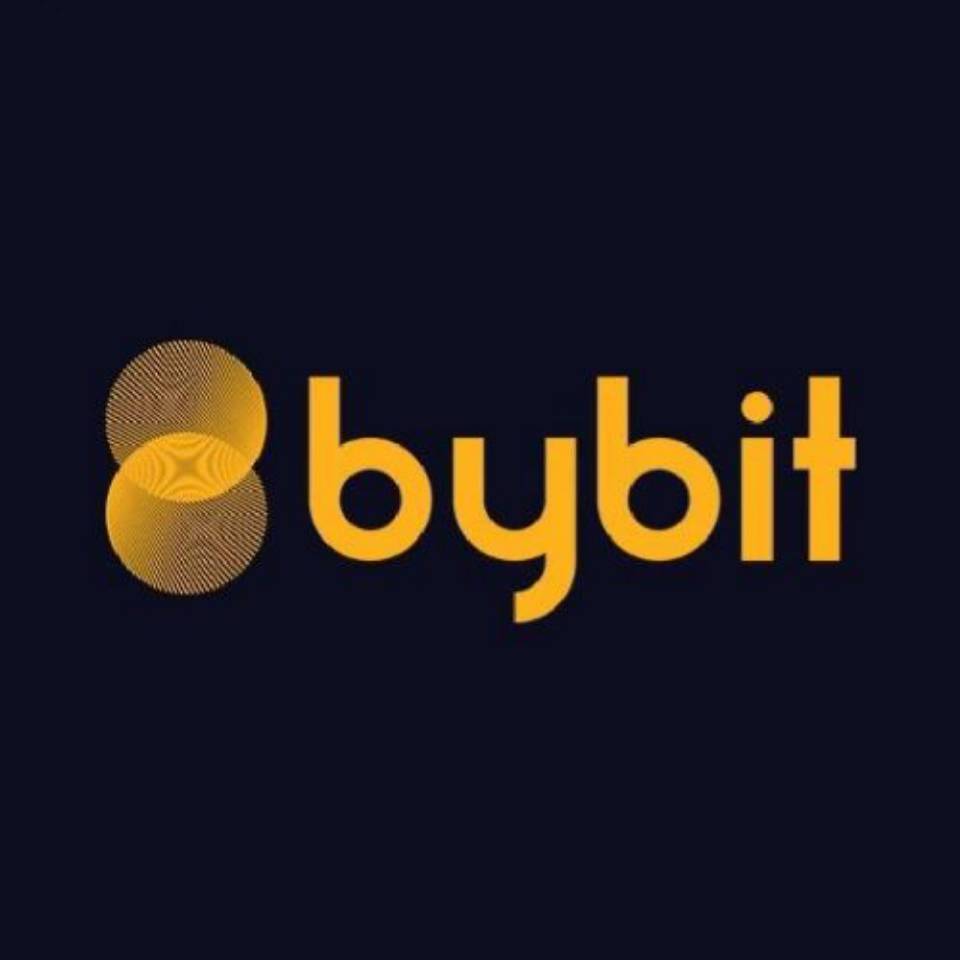key points
key points
Coinbase - one of the worlds largest digital currency exchanges, may ditch a regular IPO to go public.
The exchange was last valued at about $8 billion, a 400-fold increase since 2012, with a price-to-earnings ratio of about 49 and a price-to-book ratio of about 14.7.
Coinbase is estimated to have generated $543 million in revenue and $163 million in profit in 2019.
The listing of Coinbase could truly be a game-changer for the entire industry.
According to Reuters, Coinbase is planning a direct (unconventional blockchain-based IPO) listing later this year or next year.
source:
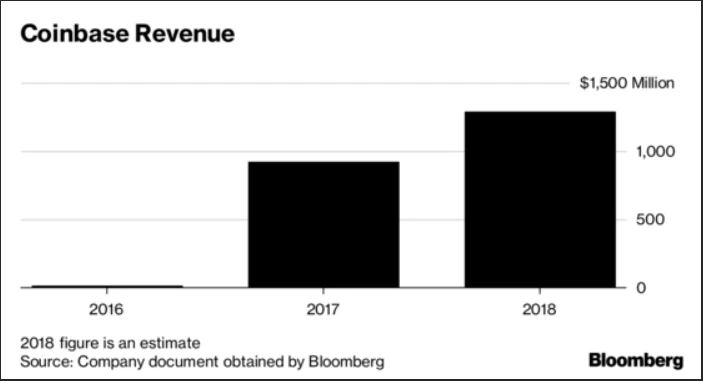
source:Bloomberg
image description
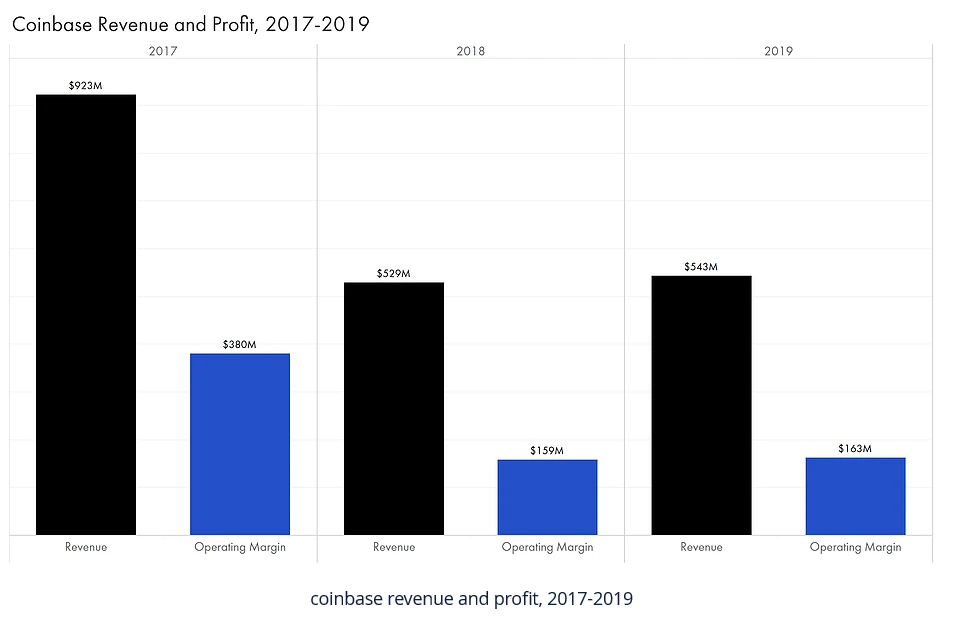
source:BQ Intel
source:
image description
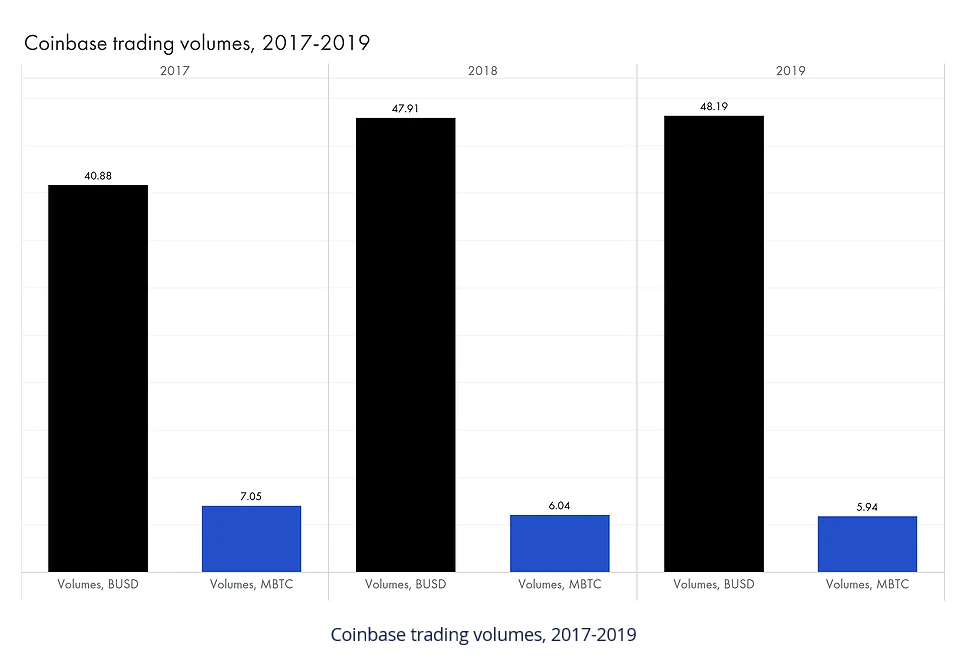
source:BQ Intel
image description
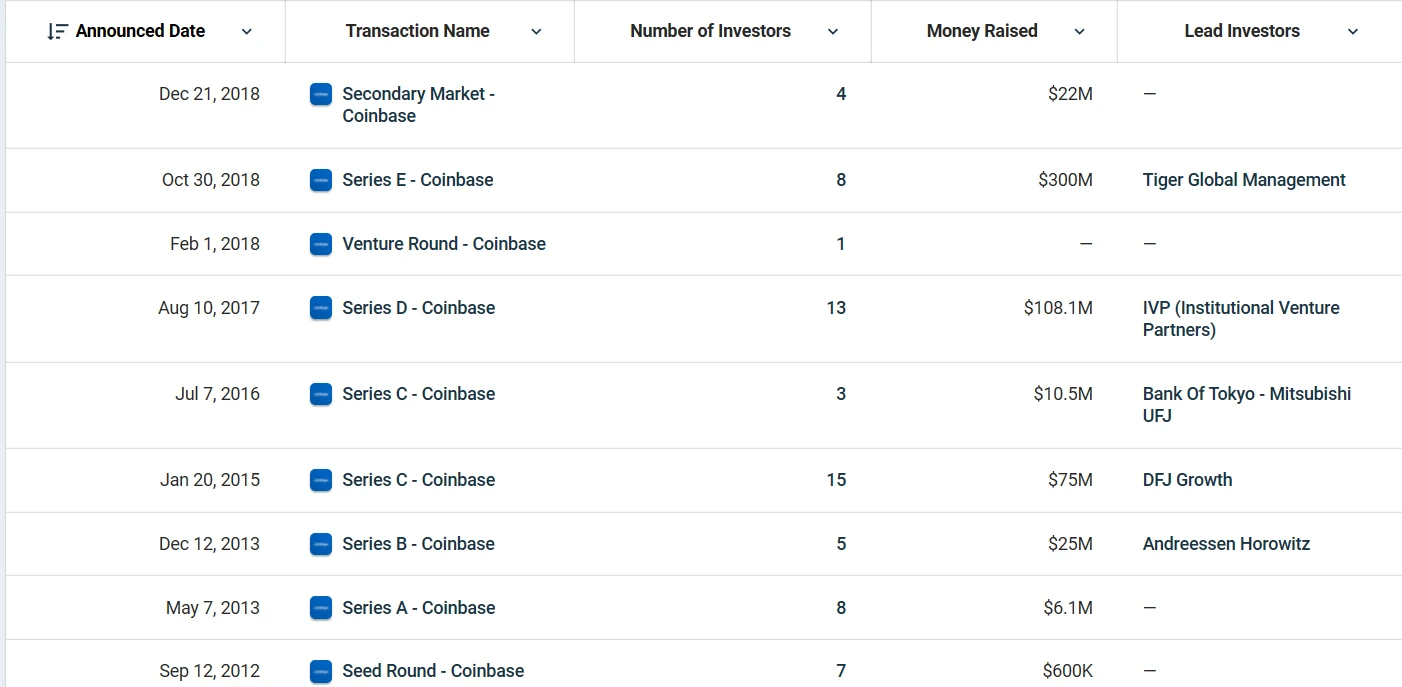
source:Crunchbase
Coinbase’s most recent Series E round was led by Tiger Global Management in October 2018. The U.S. hedge fund invested $300 million in the nascent digital currency trading platform, valuing Coinbase at $8 billion in the financing -- 400 times its initial valuation in 2012.
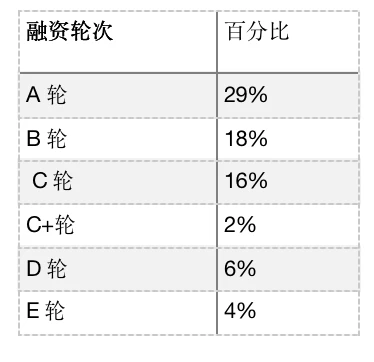
image description
Source: Coinbase, Bybit Insights
While there has been a slight shift in investor behavior due to heightened investor scrutiny due to some high-profile and widely reported failed investments, this could be the best time for Coinbase to go public if current market sentiment persists. opportunity. The companys decision not to raise money in the IPO means only existing equity holders have the right to sell shares, alleviating additional selling pressure if the exchange falls short of its listing valuation target.
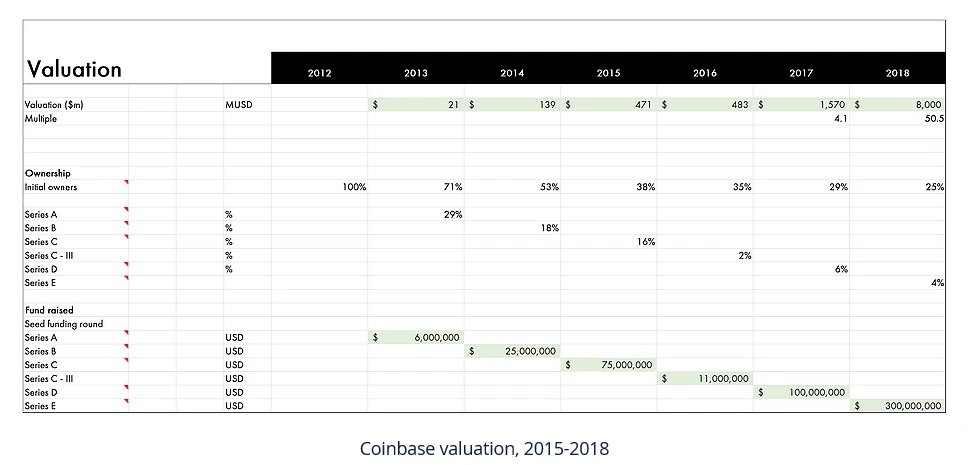
image description
Source: Coinbase, Bybit Insights
If Coinbase is successfully listed, it is likely to have a positive impact on the entire encryption industry. Not only would the price of Bitcoin, Ethereum, and other cryptocurrencies gradually increase, but a potential direct stock market listing on the exchange would remove barriers to usage, thereby further certifying the industry and thus driving mass adoption in the mainstream market.
Coinbase currently operates in the United States as a money services business at the federal level, with licenses in each state in which it operates. Plus, its investing heavily to stay abreast of the latest regulatory and compliance efforts, which could remove any potential hurdles to a direct listing, making the task a smoother and more appealing one.
The only question that remains is how the SEC will view altcoin trading on the Coinbase platform. The SEC has maintained in the past that bitcoin is not a form of security and is not within its regulatory purview. However, some other altcoins can be classified as securities, and the SEC has previously deemed altcoins to be “fraudulent and manipulative.” This could further complicate the issue of categorizing cryptocurrencies.

